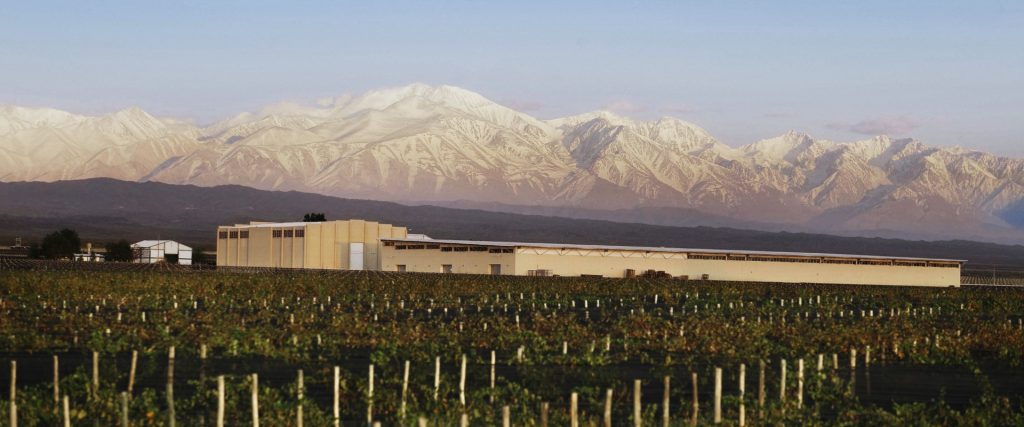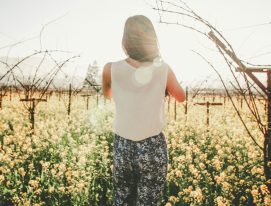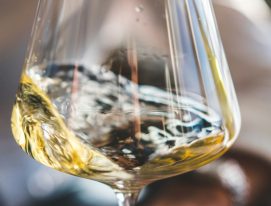Founded in 1997 in the Province of Mendoza, Bodega Doña Paula’s foundations were based around an innovative vision that saw the Argentina’s potential to produce worldclass wines. With a philosophy rooted in achieving authentic expressions of Argentine terroirs, today the winery maintains its status as a beacon of quality alongside a firm commitment to ensuring the sustainability of the viticultural industry.
In the 1990s, looking for potential land investments, a Chilean businessman realized that the Luján de Cuyo region produced the best premium wines in the country. This was the spark that inspired what would become Bodega Doña Paula, whose story began in Luján de Cuyo. The winery subsequently expanded its horizons into the Uco Valley, acquiring vineyards in Mendoza’s most promising areas. Today, the winery has 730 hectares under vine spread across the following vineyards: El Alto in Luján de Cuyo, Los Cerezos in the Uco Valley, Los Indios in El Cepillo and Alluvia in Gualtallary.
Martín Kaiser is the establishment’s head winegrower and terroir expert while Cristóbal Toti Undurraga oversees the oenology. They work symbiotically with enormous dedication and a focus on, as Martín puts it, “using oenological expertise to get the best possible expression of the terroir.”
Bodega Doña Paula: sustainability and regenerative viticulture
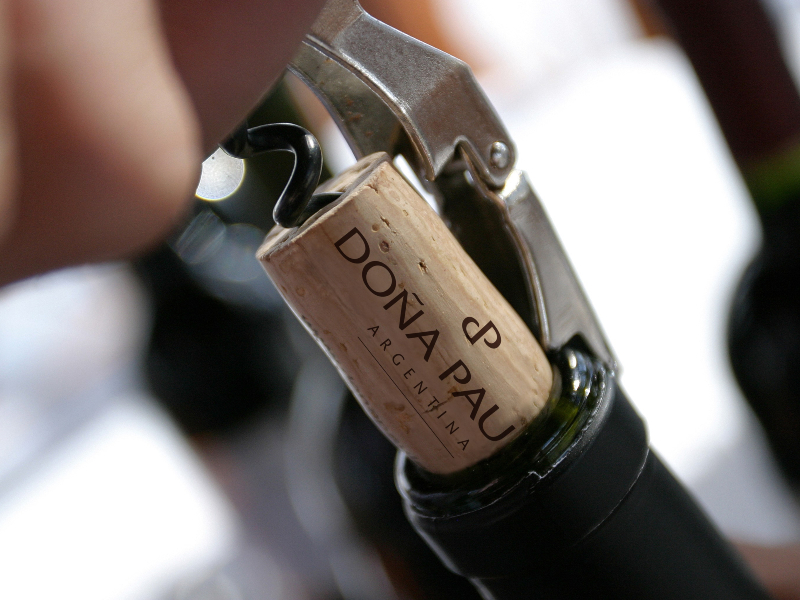
As Kaiser explains, 100% of the grapes used at the Bodega Doña Paula winery come from the house’s own vineyards so sustainability – even before it was quantified – was always a fundamental part of the project. “From the beginning, our objective has been to produce great wines, respecting the health of the vineyards and the environment. We work with green ground cover, precision irrigation and employ new technologies such as measurement and visualization tools to bring out the terroirs’ potential.”
Bodega Doña Paula stands out for its firm commitment to sustainability in every field of their operations. They manage their vineyards sustainably, and also employ organic production techniques. Reflecting this commitment, the winery was one of the first to obtain certification in the Bodegas Argentinas Sustainability Protocol back in 2018, while in 2023, the Los Cerezos vineyard received organic certification.
“We’re excited to be using organic practices to enrich how the environment interacts with our vines, which are truly unique. There is no doubt that this initiative is making a significant contribution to our wines, allowing us to truly reflect the distinctive characteristics of our terroir. We are committed to quality and sustainability and this strategy is an important step along the way. Our objective is to make exceptional vineyards via a close correlation between the vineyard environment and the end result while also contributing to the health of our vineyards,” says Martín Kaiser excitedly.
The winery’s approach is based around achieving healthy, balanced vines, and enriching the soils, which are complex biosystems that must be fed with organic matter from the vineyard itself or complementary species grown for that purpose.
“We are doing research to establish the contribution of organic material made by different species of bacteria, fungi and insects to the soil. Nourishing the soil generates more life, especially among the micro-biotics but also the fauna. A livelier soil makes for a more resilient biosystem, which means that the whole vineyard will be more resistant or tolerant of threats such as new pests, periods of intense heat, or severe droughts.
Terroir in focus
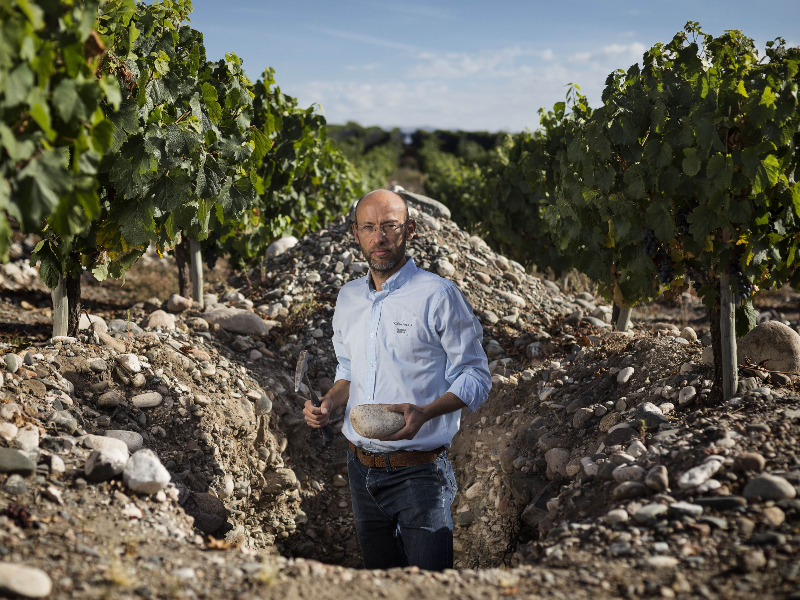
Martín Kaiser remembers that back in 2013 the team realized that the quality of the wines produced depended in great measure on the climatic variations across the different regions where the vineyards are located. At the same time, they found that there was a relationship between the marked differences in the personalities of the different wines and the type of soil from which they came. This inspired “Terroir in focus”: a research and development project that sought to study how the climate, soil, and work in the vineyard affected the quality of the wine, which today provides the foundation for production of premium wines at Doña Paula.
Transforming challenges into strengths
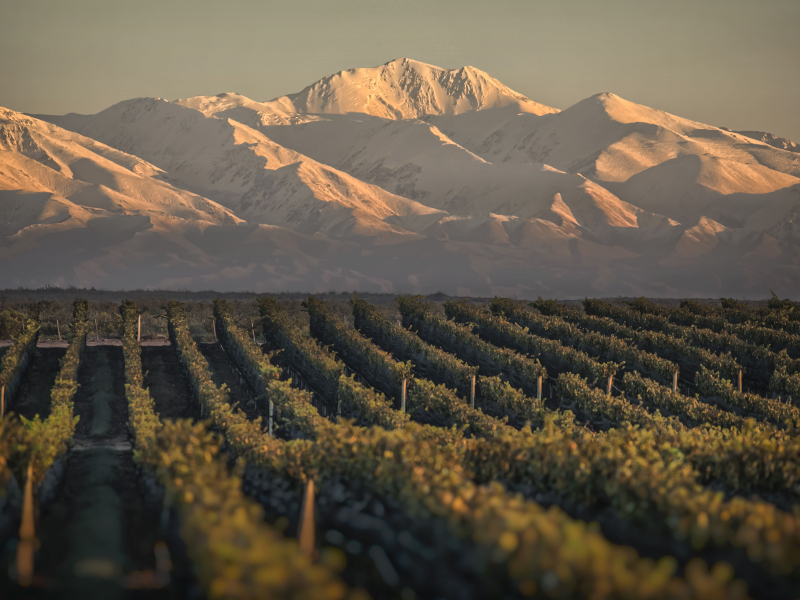
Bodega Doña Paula’s firm commitment to the local community is integrated with its sustainability initiatives and encompasses a range of programs. One example is the “Fortalezas” (Strengths) scheme designed to strengthen the community and convert challenges into opportunities for growth. The program provides training in several fields, education and medical care for workers and their families. From literacy courses to vocational training, the winery has become a fundamental pillar for the overall development of the community.
Kaiser reports that at Finca El Alto they run a school and a literacy program. “Today, we have people who have completed their primary and secondary education thanks to these initiatives.” He also notes environmental objectives such as raising awareness, recycling, training and education.
Innovation and excellence
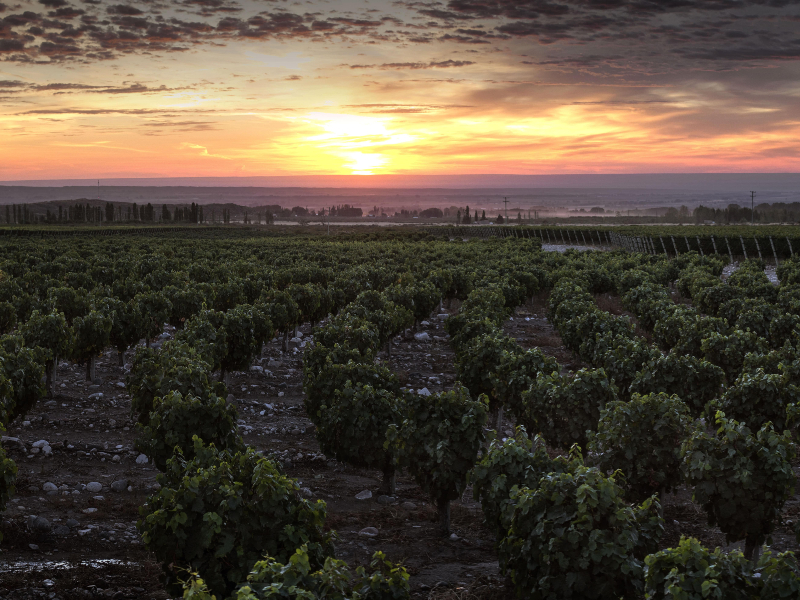
Doña Paula is constantly evolving and exploring new frontiers in the production of quality wines and their sustainable mission. Thanks to their audacious vision and passionate team, the winery continues its quest to make unique wines that faithfully express the high-altitude terroirs of Argentina.
The winery thus is also making a contribution to elevating the status of Argentine wines across the world as well as promoting responsible practices that ensure a prosperous future for coming generations.

